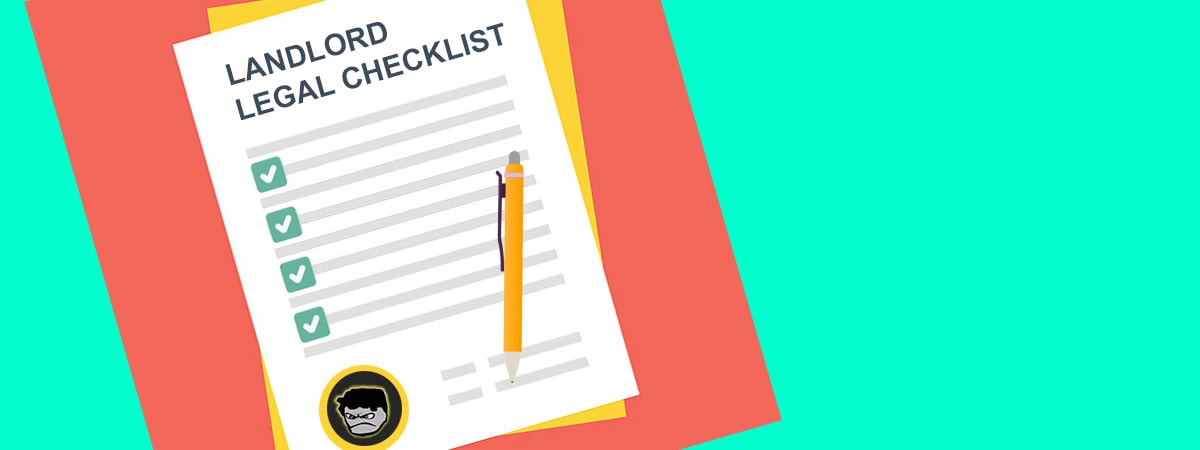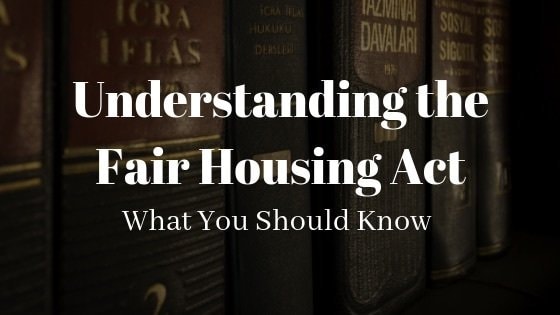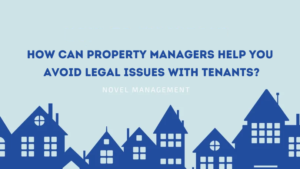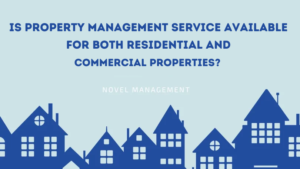Landlords in Miami are required to comply with certain legal requirements in order to rent out their properties. These laws and regulations are put in place to protect both the landlord and the tenant, and failure to comply can result in serious consequences. As a landlord, it is important to have a thorough understanding of these legal requirements and ensure that you are following them at all times.
In this guide, we will discuss the key legal requirements for Miami landlords including rental agreements, property maintenance, security deposits, evictions, and fair housing laws. We will also provide tips on how to stay compliant with these laws and avoid any potential legal issues. Whether you are a new landlord or have been in the business for years, it is important to stay up-to-date with these regulations to ensure a smooth and successful rental experience.
What is a rental agreement?
A rental agreement, also known as a lease agreement, is a legally binding contract between a landlord and a tenant. It outlines the terms and conditions of the tenancy including the duration of the lease, rent amount, security deposit, and other important details. In Miami, landlords are required to have a written rental agreement for all residential properties.
The rental agreement serves as an important document that protects both parties in case of any disputes or disagreements. It clearly states the responsibilities of both the landlord and tenant, ensuring that each party knows what is expected of them. For example, if there is an issue with paying rent on time, the rental agreement will state the consequences for late payments.
It is important for landlords to carefully draft their rental agreements and include all necessary information. This includes specifying who is responsible for maintenance and repairs, outlining rules for pets and guests, and clearly stating the process for terminating the lease. It is also important to make sure that the rental agreement complies with all applicable laws and regulations in Miami.

What are the property maintenance requirements?
As a landlord, it is your responsibility to maintain your property in a safe and habitable condition for your tenants. This means ensuring that the property meets all building codes and health standards set by the state of Florida. In addition, there may be specific maintenance requirements mandated by the city of Miami that landlords must follow.
Some common property maintenance requirements in Miami include providing adequate heating and cooling, ensuring working smoke detectors are installed, and properly maintaining plumbing and electrical systems. Landlords are also responsible for addressing any pest infestations or mold growth in the property.
It is important to regularly inspect your property and make necessary repairs or updates to ensure it remains safe and habitable for tenants. Failure to do so can result in legal consequences, such as fines or even potential lawsuits from tenants.
Additionally, landlords should have a system in place for addressing maintenance requests from tenants in a timely manner. This can help prevent any potential disputes or conflicts with tenants.
Legal requirements for security deposits
In Miami, landlords are required to collect a security deposit from tenants before they move in. This deposit serves as a form of protection for the landlord in case of any damages to the property caused by the tenant.
According to Florida law, landlords must return the security deposit within 15 days after the tenant has moved out and provided their forwarding address. If there are any deductions from the deposit, such as for damage repairs, landlords must provide an itemized list of these deductions along with receipts.
It is important for landlords to follow these legal requirements when it comes to security deposits to avoid any potential legal issues. Landlords should also make sure to keep the security deposit in a separate account and not use it for personal expenses.
Eviction process in Miami
While no landlord wants to evict a tenant, there may be situations where it becomes necessary. In Miami, landlords must follow specific legal procedures when evicting a tenant. This includes providing proper notice and filing the necessary paperwork with the court.
It is important for landlords to have a valid reason for eviction, such as non-payment of rent or violation of the rental agreement. They must also provide tenants with written notice and give them a chance to remedy the issue before moving forward with the eviction process.
Landlords should also be aware of the timeframe for evictions in Miami. The process can take anywhere from 3-6 weeks, so it is important to start the process as soon as possible if necessary.
Understanding fair housing laws
Fair housing laws are put in place to protect tenants from discrimination based on race, gender, religion, disability, and other protected characteristics. As a landlord in Miami, it is important to understand these laws and ensure that you are not violating them in any way.
This means treating all potential and current tenants equally and fairly, without any bias or prejudice. This includes advertising the property in a non-discriminatory manner and making fair decisions when selecting tenants.
Additionally, landlords should be aware of any reasonable accommodations that may need to be made for tenants with disabilities. This could include allowing service animals or making necessary modifications to the property.
Violating fair housing laws can result in serious legal consequences, including hefty fines and potential lawsuits. It is important for landlords to educate themselves on these laws and make sure they are following them at all times.

Staying compliant as a landlord
As a landlord in Miami, it is crucial to stay compliant with all laws and regulations related to rental properties. This means regularly reviewing and updating the rental agreement to ensure it meets all legal requirements, maintaining the property according to health and safety standards, following proper eviction procedures, and understanding fair housing laws.
In addition, landlords should also make sure they are properly registered and licensed with the city of Miami. Failure to comply with these requirements can result in legal consequences.
To stay compliant as a landlord, it is important to stay informed about any changes or updates in laws and regulations related to rental properties. Landlord associations or legal resources can be helpful in providing this information.
It is also important to maintain clear communication with tenants and promptly address any issues that may arise. By staying proactive and following all necessary guidelines, landlords can avoid potential legal troubles and create a positive rental experience for both themselves and their tenants.
Why A Professional Property Management Company Can Help
Managing a rental property can be a time-consuming and challenging task, especially for landlords who own multiple properties or have full-time jobs. This is where a professional property management company can be beneficial.
These companies specialize in managing rental properties and have the knowledge, resources, and experience to handle all aspects of the property, from finding tenants to handling maintenance requests and everything in between. This can save landlords time and alleviate stress.
In addition, property management companies have a thorough understanding of all laws and regulations related to rental properties, ensuring that landlords stay compliant at all times. They also have established systems in place for collecting rent, handling evictions, and maintaining the property.
Another advantage of hiring a property management company is their expertise in tenant screening. This can help attract responsible and reliable tenants, reducing the chances of potential issues or disputes.
While there is a cost associated with hiring a professional property management company, it can ultimately save landlords time and money in the long run by preventing legal issues or costly mistakes.

FAQs
What are the key aspects of Florida landlord tenant laws for Miami landlords?
Florida landlord tenant laws outline the rights and responsibilities of both landlords and tenants. Miami-Dade landlords must comply with these laws, which include guidelines on lease agreements, rent collection, and maintenance obligations to ensure fair treatment and legal compliance.
How do Florida rent laws affect the ability of tenants to withhold rent?
Under Florida rent laws, tenants may withhold rent if landlords fail to meet their maintenance and repair obligations as stipulated in the Florida lease agreement. However, tenants must follow proper legal procedures, including providing written notice to the landlord.
What are the landlord responsibilities under Florida landlord tenant law?
Florida landlord tenant law requires landlords to maintain rental properties in a safe and habitable condition. This includes adhering to building codes, making necessary repairs, and ensuring that essential services like plumbing and heating are functional. Miami-Dade landlords must also respect tenant rights and follow Florida security deposit laws.
What do Florida security deposit laws require from landlords in Miami-Dade?
Florida security deposit laws require landlords to provide tenants with written notice detailing how their security deposit will be held. Upon lease termination, Florida landlords must return the security deposit within 15 to 60 days, depending on whether any deductions are made for damages or unpaid rent.
How should Miami landlords structure a Florida lease agreement?
A Florida lease agreement must comply with Florida landlord tenant laws and include essential terms such as the amount of rent, due date, and duration of the lease. It should also outline landlord responsibilities, tenant rights, and conditions under which tenants may withhold rent or face eviction for failure to pay rent.
Conclusion
In conclusion, being a landlord in Miami comes with many responsibilities and legal considerations. From following proper procedures for security deposits to understanding fair housing laws and staying compliant with regulations, there is a lot to manage.
However, by staying informed about these matters and seeking help from resources such as property management companies, landlords can create a positive rental experience for themselves and their tenants. This includes having clear communication with tenants and promptly addressing any issues that may arise.
Understand the Legal Requirements for Miami Landlords with Novel Management. Enhance your property investment with our expert services. Contact us today to see the difference we can make!




